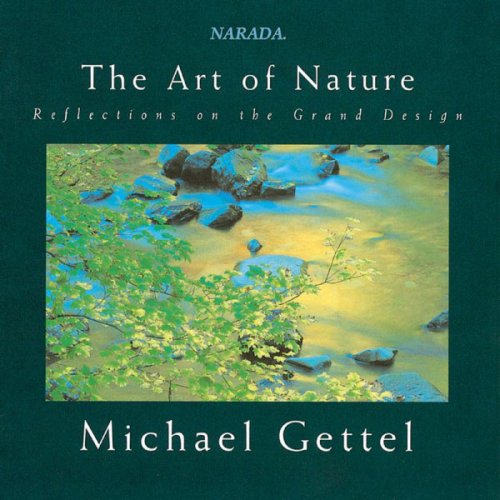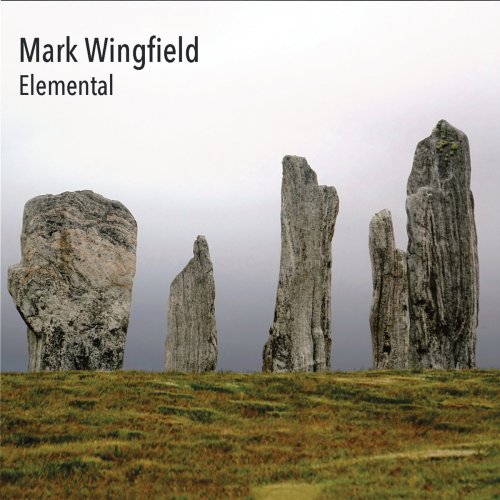Arthur Grumiaux - Berg, Stravinsky: Violin Concertos (1990)
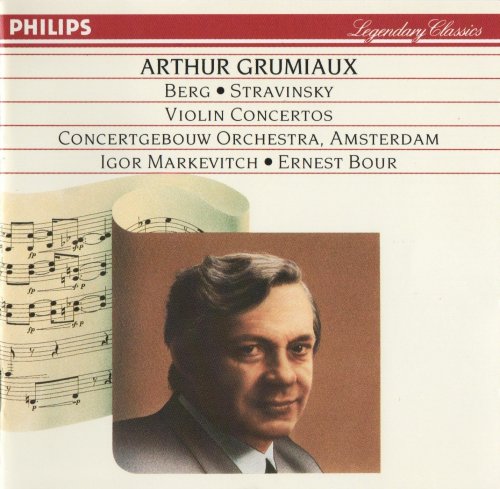
Artist: Arthur Grumiaux
Title: Berg, Stravinsky: Violin Concertos
Year Of Release: 1990
Label: Philips
Genre: Classical
Quality: FLAC (image+.cue,log,scans)
Total Time: 44:51
Total Size: 238 Mb
WebSite: Album Preview
Tracklist: Title: Berg, Stravinsky: Violin Concertos
Year Of Release: 1990
Label: Philips
Genre: Classical
Quality: FLAC (image+.cue,log,scans)
Total Time: 44:51
Total Size: 238 Mb
WebSite: Album Preview
Alban Berg (1885-1935):
01. Violin Concerto- 1. Andante - Allegretto [0:10:24.37]
02. Violin Concerto- 2. Allegro - Adagio [0:14:21.38]
Igor Stravinsky (1882-1971):
03. Violin Concerto in D major- 1. Toccata [0:05:45.00]
04. Violin Concerto in D major- 2. Aria 1 [0:04:07.00]
05. Violin Concerto in D major- 3. Aria 2 [0:04:33.00]
06. Violin Concerto in D major- 4. Capriccio [0:05:46.00]
Performers:
Arthur Grumiaux - violin
Concertgebouw Orchestra
Igor Markevitch - conductor
Ernest de Bour - conductor
It was in 1966 and Berg's Violin Concerto was still rare commodity back then, in concert and on record. There had been Krasner and Rodzinski in 1940 (L'Héritage de Rodzinski, Volume Two [The Rodzinski Edition, Volume 2] - Berg: Violin Concerto / Sibelius: Symphony No. 5), Gertler-Kletzki (Bach/Bartók/Berg: Concertos & Sonata for Violin) and Gitlis-Strickland (Berg Hindemith Stravinsky Violin Concerti) in '53, Stern-Bernstein in `59 (Berg: Kammerkonzert; Violin Concerto), Ferras-Prêtre in '62 (Les Introuvables de Christian Ferras), Suk-Ancerl in '65 (Ancerl Gold Edition 3: Mendelssohn - Bruch - Berg/Violin Concertos). Szeryng-Kubelik, Menuhin-Boulez came later (both in 1968, see product links in the comments section). The LP era was wrapped up by Perlman-Ozawa (1978) and Chung-Solti (1983), and many more came on CD. Still Grumiaux' version remains to this day one of the best available. He and Markevitch conducting the Amsterdam Concertgebouw have a total mastery of the idiom, and the Concerto's sections unfold naturally and organically: it doesn't sound like "modern" music, but as a language entirely congenial to the performers. Tempos are middle-of-the road, close to the metronome marks, and nothing more is required to bring out the composition's searing lyricism. Grumiaux has a luminous tone, the perfect mix of radiant lyricism and despaired vehemence. Markevitch, the Concertgebouw Orchestra (glorious brass!) and the sonic engineers bring out a wealth of orchestral details from Berg's subtle and delicately intertwined textures, maybe not as much as the best modern versions (Zimmermann-Gelmetti for instance) but much more than was custom back then. Great remastering too.
Surprisingly, despite Markevitch's credentials in Stravinsky, Grumiaux is partnered not by him but by Ernest Bour in Stravinsky's Concerto (same coupling as Perlman-Ozawa). Nothing lost: here again they offer what remains one of the best versions of the Concerto, and an excellent complement to the one conducted by the composer with Isaac Stern, Stravinsky: Concertos. Grumiaux' tone is lean and pure, not as big as Stern's but not as raucous either (and without the latter's intonational liberties), with no excess of sentimentalism. He may not be as technically fluent as the best modern virtuosos, but he is up to the Concerto's demands.
Ernest Bour was an important if relatively obscure French conductor, probably too modest and self-effacing to make a great career. He made the first recording of Ravel's L'Enfant et les sortileges in 1945 (reissued on CD by Testament, Ravel: L'Enfant et les sortilèges), was music director of the Strasbourg Radio Orchestra in France when it existed and of the Baden-Baden Orchestra after Hans Rosbaud; he was a conductor very much like Rosbaud: very precise, always at the service of the score, but also easy-going in his relation with the orchestras - not the dictator-type like Toscanini or Szell. All these qualities you can hear in this recording: the orchestra is crisp, with a wonderful sonic presence, if not as pungent as Stravinsky's. In the Aria II the tempo is faster than Stravinsky's, but the ensuing emotional restraint is very Stravinskian indeed. Tempo again is fast in the Finale (the fastest until Hahn, Hilary Hahn ~ Brahms · Stravinsky - Violin Concertos), and the orchestra is fittingly piquant, though more recessed than in Stravinsky's recording. Grumiaux and Bour are a little too cautious in the coda, though. Notwithstanding this is one of the best versions ever recorded of Stravinsky's Concerto.
Only drawback of this CD: TT of 45:00 is ungenerous and would even be detrimental if these weren't such oustanding versions. Philips needs to reissue these recordings with a substantial complement.
Surprisingly, despite Markevitch's credentials in Stravinsky, Grumiaux is partnered not by him but by Ernest Bour in Stravinsky's Concerto (same coupling as Perlman-Ozawa). Nothing lost: here again they offer what remains one of the best versions of the Concerto, and an excellent complement to the one conducted by the composer with Isaac Stern, Stravinsky: Concertos. Grumiaux' tone is lean and pure, not as big as Stern's but not as raucous either (and without the latter's intonational liberties), with no excess of sentimentalism. He may not be as technically fluent as the best modern virtuosos, but he is up to the Concerto's demands.
Ernest Bour was an important if relatively obscure French conductor, probably too modest and self-effacing to make a great career. He made the first recording of Ravel's L'Enfant et les sortileges in 1945 (reissued on CD by Testament, Ravel: L'Enfant et les sortilèges), was music director of the Strasbourg Radio Orchestra in France when it existed and of the Baden-Baden Orchestra after Hans Rosbaud; he was a conductor very much like Rosbaud: very precise, always at the service of the score, but also easy-going in his relation with the orchestras - not the dictator-type like Toscanini or Szell. All these qualities you can hear in this recording: the orchestra is crisp, with a wonderful sonic presence, if not as pungent as Stravinsky's. In the Aria II the tempo is faster than Stravinsky's, but the ensuing emotional restraint is very Stravinskian indeed. Tempo again is fast in the Finale (the fastest until Hahn, Hilary Hahn ~ Brahms · Stravinsky - Violin Concertos), and the orchestra is fittingly piquant, though more recessed than in Stravinsky's recording. Grumiaux and Bour are a little too cautious in the coda, though. Notwithstanding this is one of the best versions ever recorded of Stravinsky's Concerto.
Only drawback of this CD: TT of 45:00 is ungenerous and would even be detrimental if these weren't such oustanding versions. Philips needs to reissue these recordings with a substantial complement.

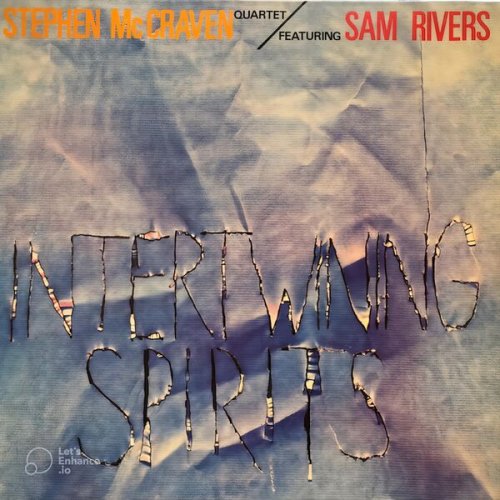
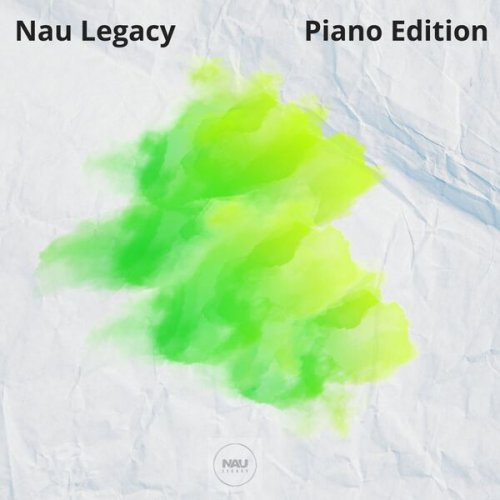
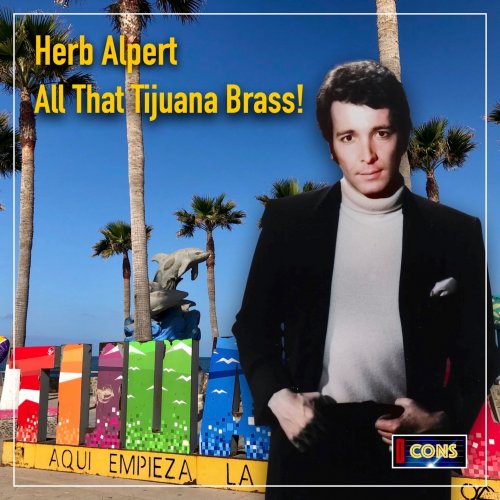
![Xavi Torres - Amsterdam Magic (2025) [Hi-Res] Xavi Torres - Amsterdam Magic (2025) [Hi-Res]](https://www.dibpic.com/uploads/posts/2025-12/1766061682_cover.jpg)
